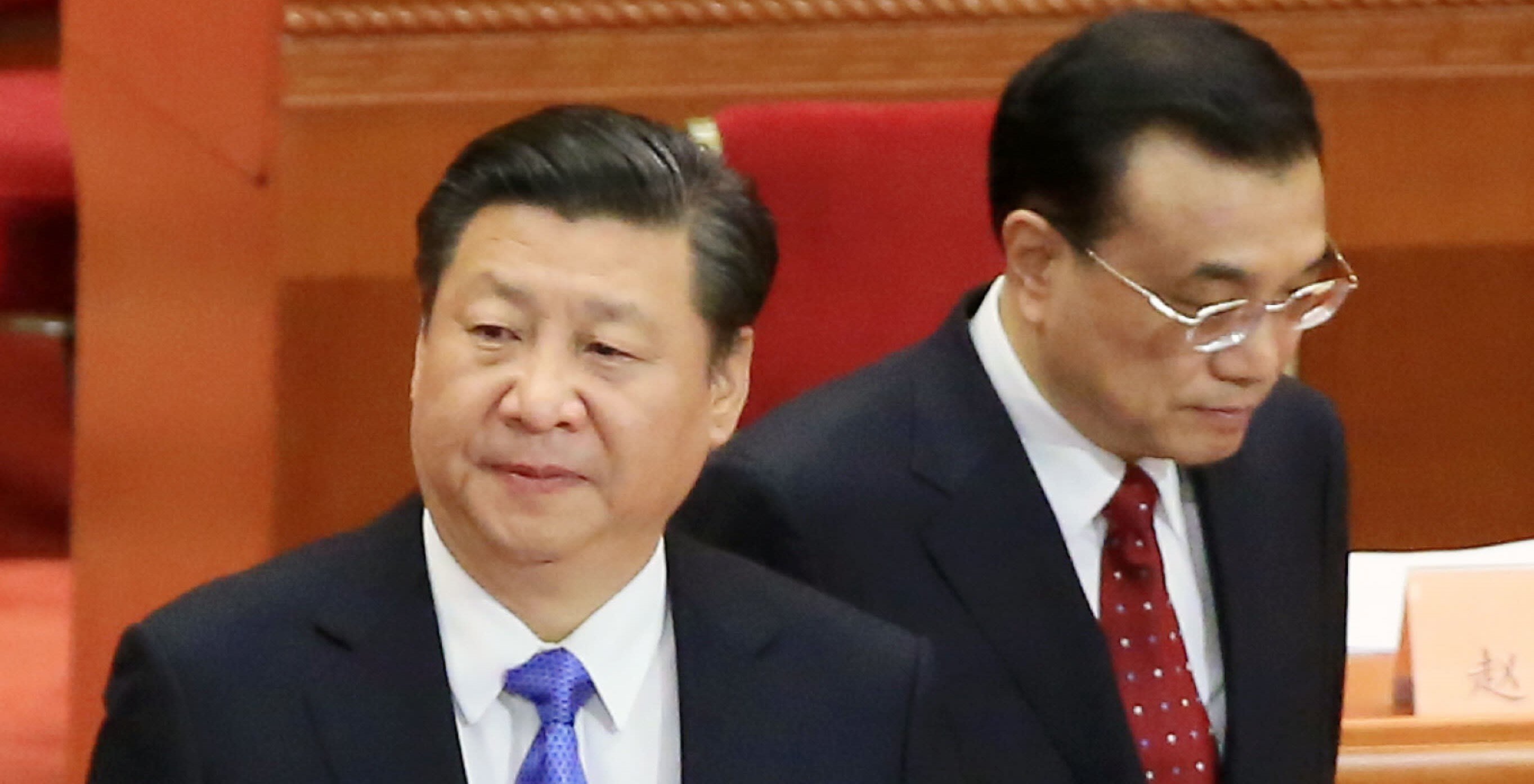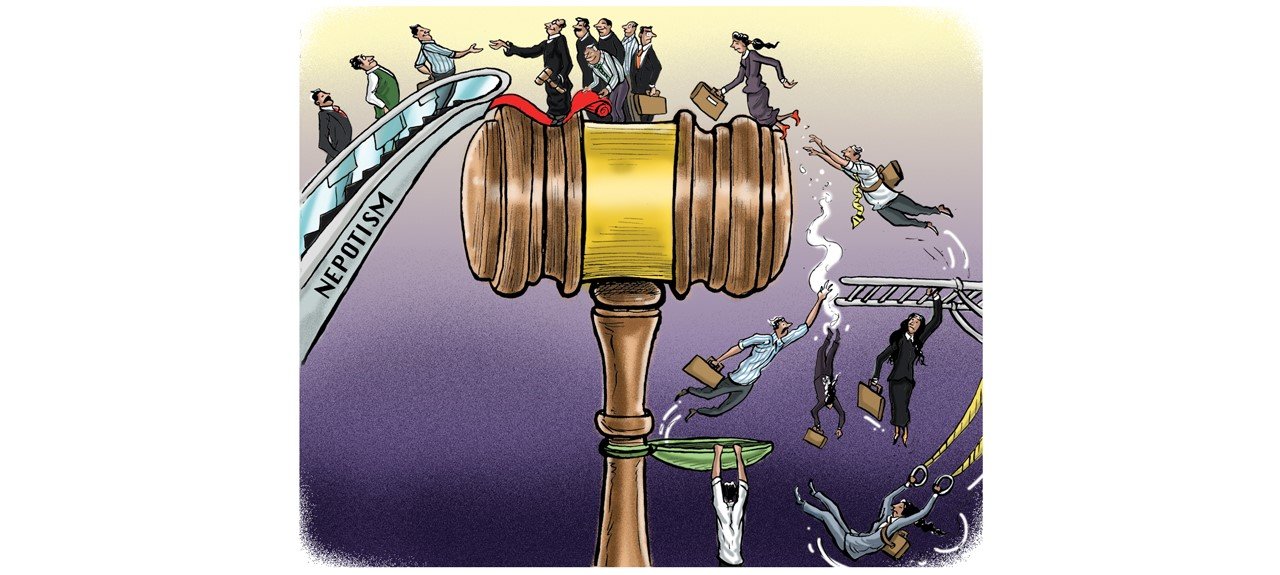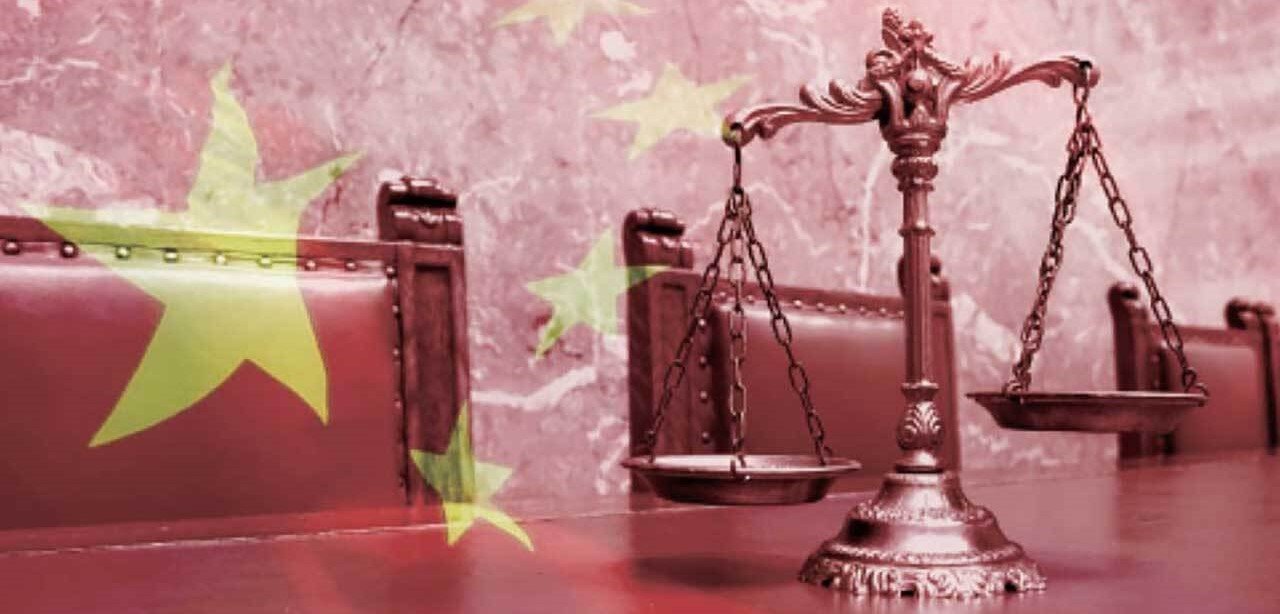As mentioned in other ChinaFund.com articles, many of the vocal adversaries of today’s China have been willing to tolerate and even support China’s economic growth for an extended period of time (not just years but downright decades). Fast-forward to the present and we see China being painted as the proverbial economic as well as (geo)political
Our Blog
Feb
- No Comments
Understanding the Politburo (and Standing Committee) of the Communist Party of China
Those who believe political leadership structures “sound” too bureaucratic in the West should perhaps sit down before reading up on how things work in China, because the “first contact” moment might be quite shocking. On the other hand, those who grew up in communist or formerly communist nations (yours truly, for example, who grew up
Feb
- No Comments
What Investors Should Know About Li Keqiang, the Premier of the State Council
While we have frequently referred to Xi Jinping, the President of the People’s Republic of China and its de facto paramount leader, we need to understand that there are other key individuals who deserve our attention. Perhaps a textbook example to that effect is represented by Zhou Enlai, a character who has played a very
Feb
- No Comments
Corruption in China: Temporary Roadblock or Long-Term Curse?
Not only is this article written from the perspective of ChinaFund.com’s managing partner (the managing partner of an entity with a hands-on experience in China which exceeds 13 years), it’s also written from the perspective of someone who grew up in Eastern Europe, in a country that became essentially (in)famous at the very least regionally
Feb
- No Comments
Nepotism in China: Nuisance or Disruptive Factor?
Western investors have varying reactions to… let’s call them certain Chinese realities. Issues pertaining to nepotism most definitely do not represent exceptions. It ultimately does depend to a significant extent on their country of origin. To give a few examples pertaining to Europe: someone from Northern Europe may find any kind of nepotism unacceptable, a
Feb
- No Comments
Arbitration in (Mainland) China: Effective Solution or Bureaucratic Nightmare?
When analyzing a jurisdiction from a business perspective, it makes sense to dedicate enough time to the arbitration dimension as well rather than simply refer to court-related solutions. As pretty much anyone who has been at least somewhat involved with any court system can confirm, this solution is oftentimes not only a bureaucratic nightmare but
Jan
- No Comments
(Financial) Predictions About China: Misleading Marketing Gimmicks vs. Meaningful Metrics
One of the main drawbacks associated with being an economist is represented by the fact that most individuals believe they know exactly what you do for a living (perhaps even that they could do it better, but that is an entirely different discussion) and when you ask them what that is, they present an extremely
Jan
- No Comments
Overseas Chinese and Their Economic Impact: Weaponizing China’s Diaspora?
Everything’s big in… not Texas, but rather China. Here on ChinaFund.com, we have referred to more than enough metrics which indicate just that, whether it’s China’s roughly 1.4 billion population, its GDP (#2 worldwide in nominal terms), its dominance with respect to a wide range of industries/dimensions, from “usual suspects” such as infrastructure spending to
Jan
- No Comments
Stereotypes in China and How They (Might) Affect Portfolios
Before getting started, it is vital to remind investors not to (over-)judge themselves for falling victim to the human nature-induced tendency of stereotyping. As toxic as that behavior frequently proves to be in today’s society, it is excusable to a certain degree due to being an integral part of who we are for obvious evolutionary
Jan
- No Comments
The Sustainability of China’s Pension System… or Lack Thereof
According to 2019 survey data, the broader topic of social security represents the #3 area of interest of the average Chinese citizen at this point in time, with the rule of law occupying position #2 and corruption being the #1 culprit. Upon reconciling 2019 data with numbers from previous years, we end up realizing that











